Over the past few years, Ford has employed a skunkworks team, tasked with creating a new, low-cost EV platform that can underpin up to eight body styles. The first of that bunch will be a mid-size pickup launching in 2027 that’s set to be “super affordable,” according to CEO Jim Farley, followed by a crossover a year later. Many details pertaining to this new architecture have trickled out in recent months, but now, what’s officially known as the Ford Universal EV Platform has been officially revealed.
To help reduce costs and complexity, the new Ford Universal EV platform uses 20 percent fewer parts than a typical vehicle – plus 25 percent fewer fasteners and 40 percent fewer workstations dock-to-dock, resulting in an assembly time that’s 15 percent faster. The wiring harness present in these vehicles is a whopping 4,000 feet shorter and 22 pounds lighter than the automaker’s first-generation EVs, all of which results in lower five-year cost of ownership rates than a three-year old used Tesla Model Y, according to Ford.
The Ford Universal EV Platform will utilize lithium iron-phosphate (LFP) prismatic batteries that are cheaper to produce, thanks to the lack of cobalt and nickel. The battery pack also doubles as a structural sub-assembly that serves as the vehicle’s floor, giving it a low center of gravity while improving handling, creating a quiet interior, and making for more space inside, too.
“We took a radical approach to a very hard challenge: Create affordable vehicles that delight customers in every way that matters – design, innovation, flexibility, space, driving pleasure, and cost of ownership – and do it with American workers,” said Ford CEO Jim Farley. “We have all lived through far too many ‘good college tries’ by Detroit automakers to make affordable vehicles that ends up with idled plants, layoffs and uncertainty.”
“So, this had to be a strong, sustainable and profitable business. From day one, we knew there was no incremental path to success. We empowered a tiny skunkworks team three time zones away from Detroit. We tore up the moving assembly line concept and designed a better one. And we found a path to be the first automaker to make prismatic LFP batteries in the U.S.”

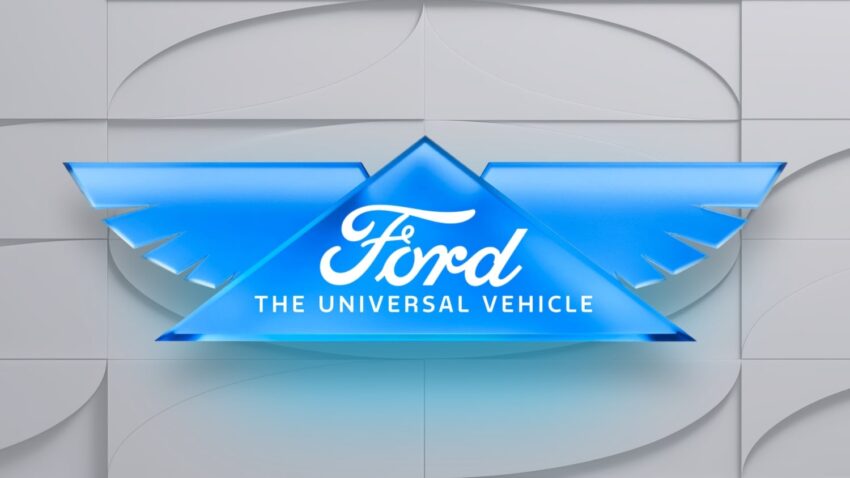
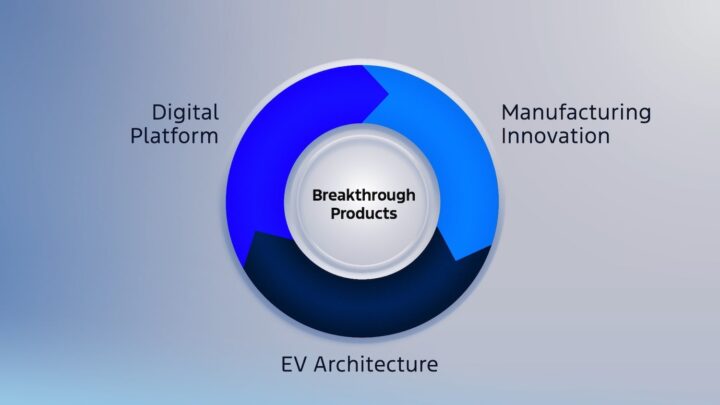
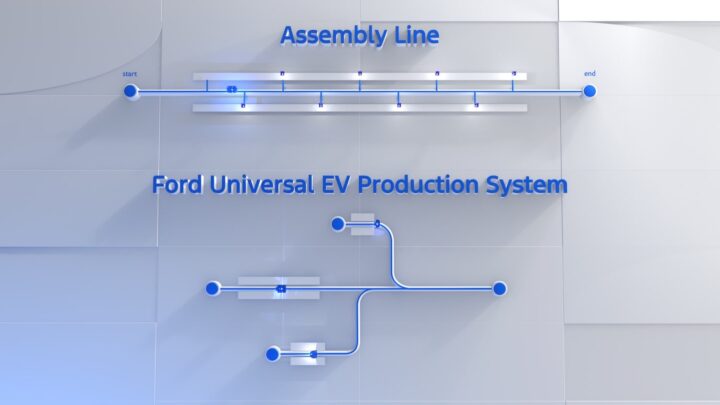
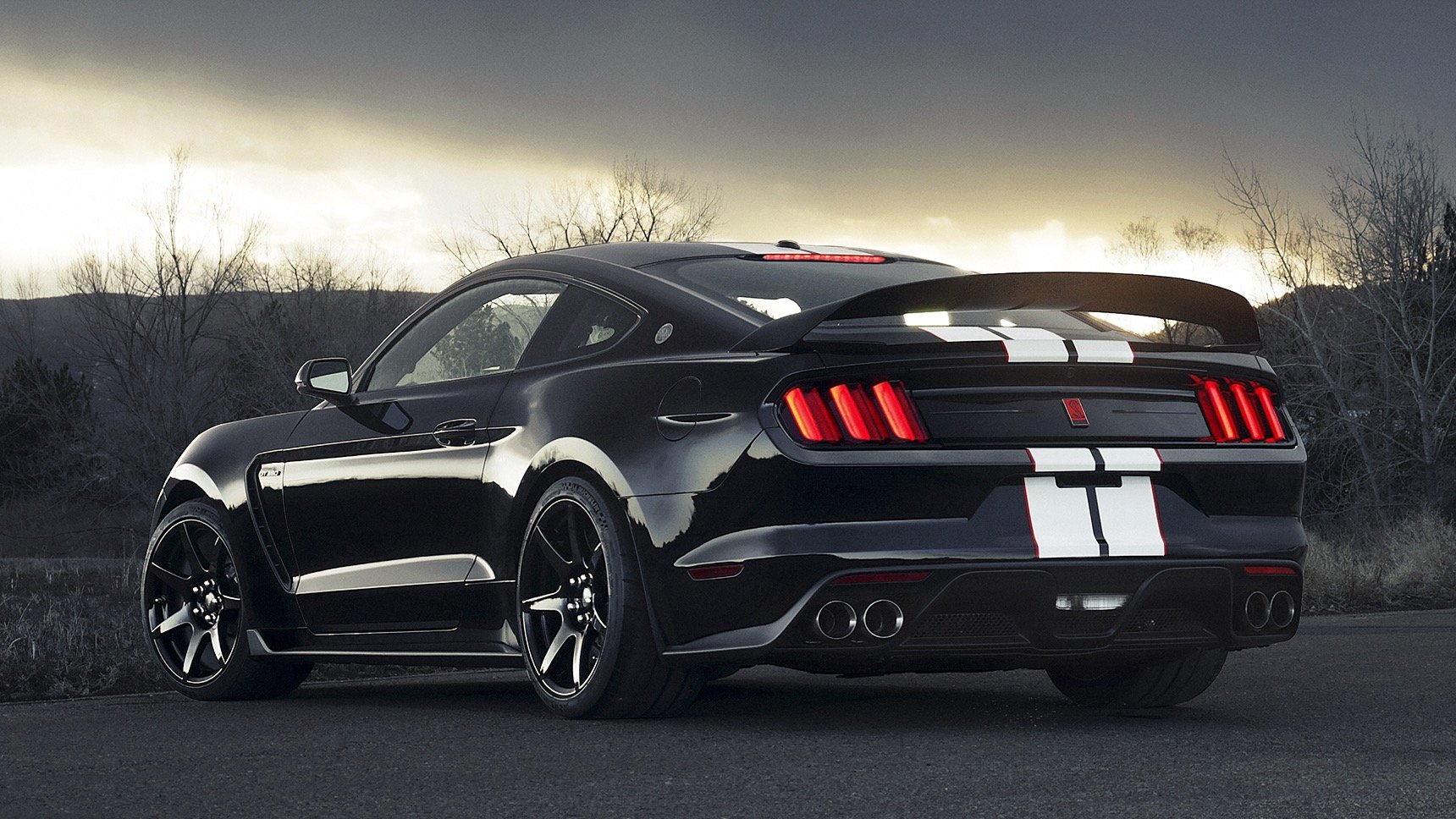
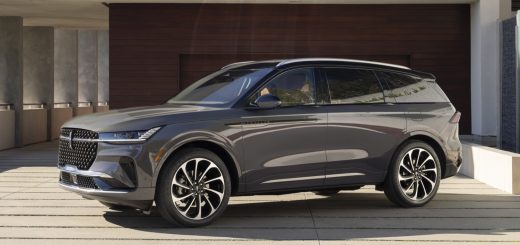
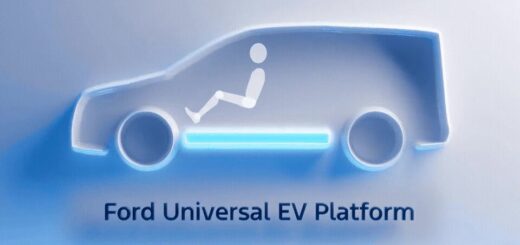
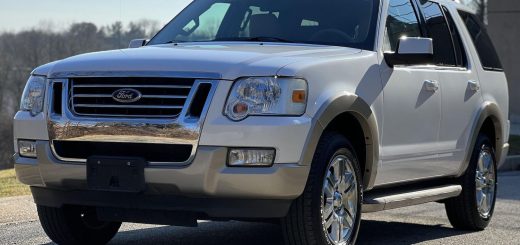
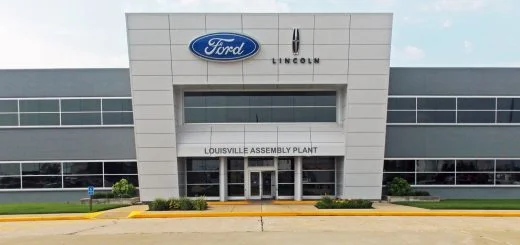
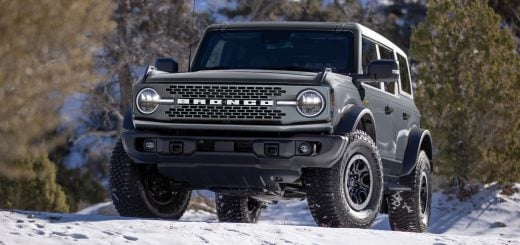
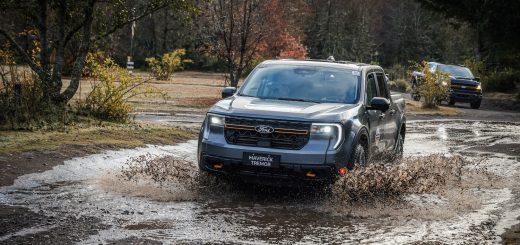
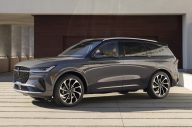
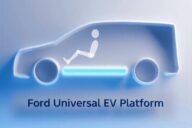
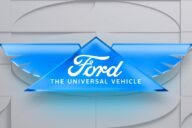

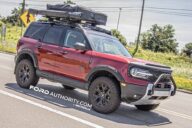
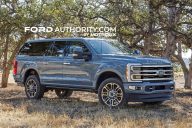
Comments
gm did this 10 years ago, all they’re EV’s are designed off of one platform.
Its not the one platform. Its the construction cost and efficiency of the assembly process.
GM has one platform but still makes cars the way they always have. On an assembly line with all kinds of different parts from different suppliers, etc. They didn’t use cheaper battery tech, reduce construction times, etc.
That’s the actual improvement. Copying the Chinese construction method to reduce cost.
BEV3 and BT1 are two separate platforms, related, yes, but separate/distinct platforms.
Create affordable vehicles that delight customers in every way that matters – design, innovation, flexibility, space, driving pleasure, and cost of ownership – and do it with American workers,” said Ford CEO Jim Farley.
No mention of quality though.
Until the country’s infrastructure for charging EVs has become as ubiquitous as refueling fossil fueled vehicles, it won’t make much of a difference how ‘efficiently’ Ford (or anybody else, really). Range anxiety is the real issue here, and until that is sufficiently addressed, the market for EVs will not come close to that for FFVs.
Delighting “…customers in every way that matters – design, innovation, flexibility, space, driving pleasure, and cost of ownership…” won’t matter nearly as much as being able to get to their destination without having to worry whether they can or not. And that is something FFVs do right now.
With this move, it appears that Ford is abandoning the American market for FFVs entirely.